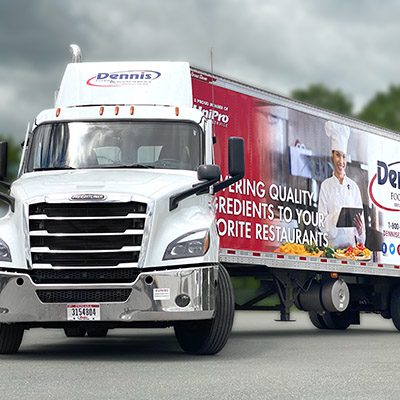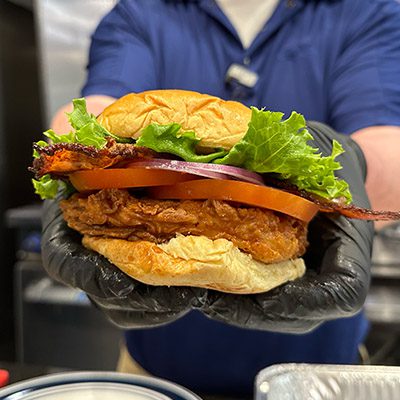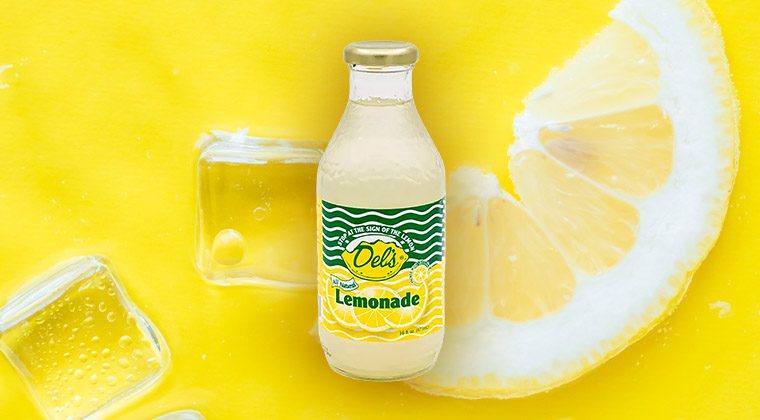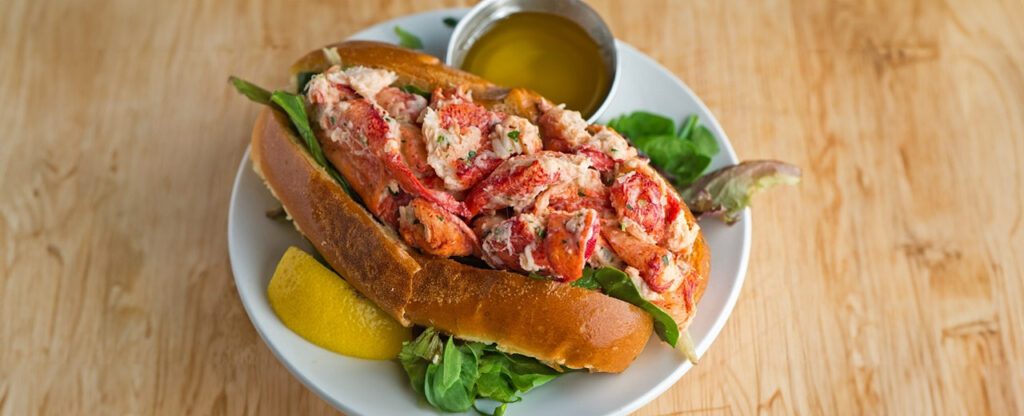
Gen Z Will Drive Significant Change in Food Marketing and Manufacturing
“(Gen Z) see windows where others see walls. They are not afraid to create those things that they want but cannot find.” — Lynne Gillis, I.R.I.
Food and beverage marketers are currently focusing greater attention on meeting the wants and needs of millennial consumers, but executives must not forget about Gen Z. This multicultural population is younger than millennials, featuring consumers born after 1997, who may be transformative to the food and beverage supply chain.
Gen Z represent 27% of the U.S. population, and a majority view “clean eating” as improving quality of life, according to the market researcher The NPD Group. Households with at least one consumer who falls into the Gen Z demographic account for some of the heaviest use of organic and non-G.M.O. foods.
They are the first digitally native generation; that is, they grew up with easy access to information through handheld devices. Transparency, whether it relates to processing methods or ingredients, is an expectation rather than a pleasant option.
They view personalized marketing efforts more favorably than millennials or Gen X, and they seek experiences through the products they buy. The number of unique universal product codes purchased in households with Gen Z children is significantly higher than those without, according to the market research company Information Resources, Inc. (I.R.I.).
But the influence of Gen Z should not be viewed solely from a shopper marketing perspective. Their interest in organic food, mitigating the impact of climate change, and their willingness to rapidly embrace new technologies and technology platforms may one day resonate far more deeply across the food and beverage supply chain.
Gen Z is also a group living in fear during a period of rapid technologic advancement, said George Carey, founder and chief executive officer of The Family Room L.L.C., a consultancy. During I.R.I.’s annual Growth Summit, Mr. Carey outlined Gen Z’s greatest collective fears as being shot in school, breathing toxic air, acts of terrorism and the impact of climate change.
Despite their fears, Gen Z also is defined by their resolve. Lynne Gillis, principal of survey and segmentation for I.R.I., said the population is “fueled by possibility.”
“They see windows where others see walls,” she said. “They are not afraid to create those things that they want but cannot find.”
As Gen Z ages into adulthood, the food and beverage industry should expect a greater emphasis on safety, elevated demand for organic products, and heightened interest in not just a product’s attributes, but how it was made and by whom. The population’s concerns about clean air and mitigating climate change will mean a company’s sustainability practices and positions on environmental legislation and regulations will come under greater scrutiny.
This population’s comfort with and ability to seamlessly switch between digital and brick and mortar will lead to the full blossoming of the omnichannel marketplace. Gen Z consumers will seek value and variety on-line, and frictionless experiences in store.
This demographic is set to transform the supply chain by demanding greater transparency and that companies manufacture products that align with their values. Personal technology has given consumers an opportunity to better understand who they do business with and express themselves. Gen Z is set to utilize these technologies to their fullest extent. Forward-thinking companies will be prepared to meet this group and meet their needs when they arrive.
Source: Keith Nunes for Food Business News









